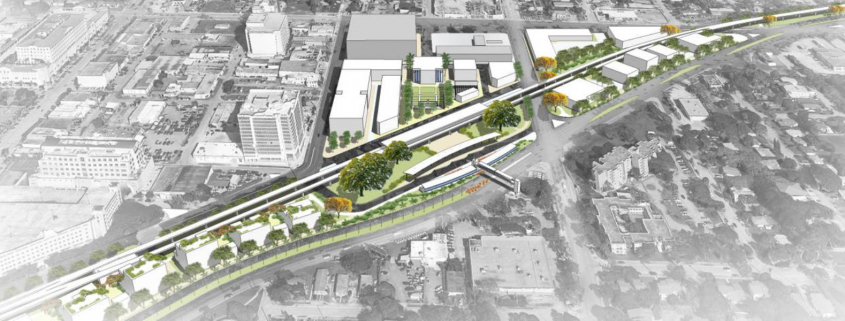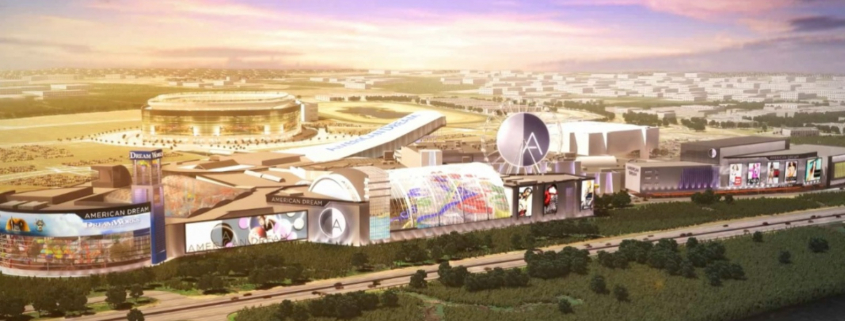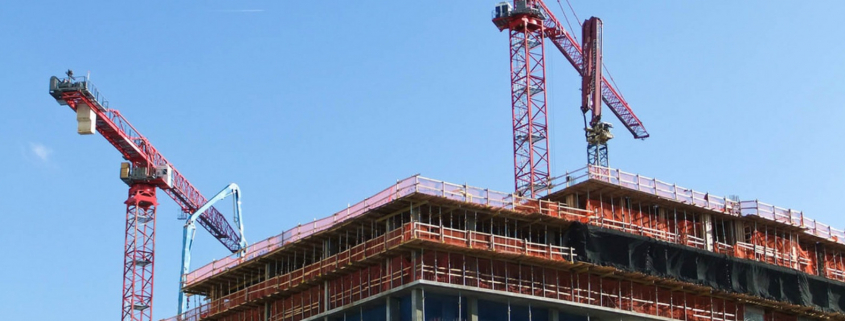Developers building projects along or near the Underline could be allowed to go bigger if they contribute funds for the city of Miami’s portion of the planned 10-mile long linear park.
Under a proposal crafted by the clty’s planning and zoning department, projects within a half-mile radius of Metrorail stations could get an increase in height from eight to 12 stories, as well as a floor lot ratio bonus increase from 25 percent to 35 percent in exchange for improvements and maintenance to the Underline, which will run underneath Metrorail’s elevated tracks from the Dadeland South Station to the Brickell Station. Developers could also opt to pay contributions into a public benefits fund set up by the city.
“The objective is to incentivize sustainable development that embraces the 10-mile Underline,” said Melissa Tapanes, an attorney representing Friends of The Underline.
Donations would be based on a percentage of the market value of the per-square-foot price charged for units in projects near and along the Underline. In addition, the contributions would only apply to the five miles of the linear park that fall within city of Miami limits. Developers could also score a 20 percent parking reduction for their projects if they place bicycle racks in their development sites along the Underline.
At a recent meeting of the Miami Planning, Zoning and Appeals Board, Aaron Stolear of 13th Floor Investments said his employer strongly supports the legislation.
“We think it will enhance the Underline and make the vision happen,” Stolear said.
The board unanimously recommended approval, but the city commission will make the final decision.
Last year, 13th Floor and The Adler Group won a Miami-Dade County bid to develop Link at Douglas Station, a mixed-use development that will include 970 residences, a 150-key hotel and 70,000 square feet of retail space and a public plaza. The seven-acre project will connect to the Metrorail Douglas Road Station at 3060 Southwest 37th Court. As part of the deal, 13th Floor and Adler will make a $600,000 contribution to The Underline.
In a recent email, 13th Floor Managing Principal Arnaud Karsenti said the new legislation would not directly benefit Link at Douglas Station because the project is already receiving zoning bonuses and benefits from the county that exceed what is proposed by the city.
“However, we definitely believe that this will have a beneficial impact on all neighboring properties,” Karsenti said, “It will stimulate better urban development along the entire US-1/Metrorail corridor.”
In September of last year, Miami city commissioners approved $50 million in funding for the $120 million linear park. The money would come from development fees charged by the city. About $67 million will be raised through private donations and other public funding.
Source: The Real Deal





